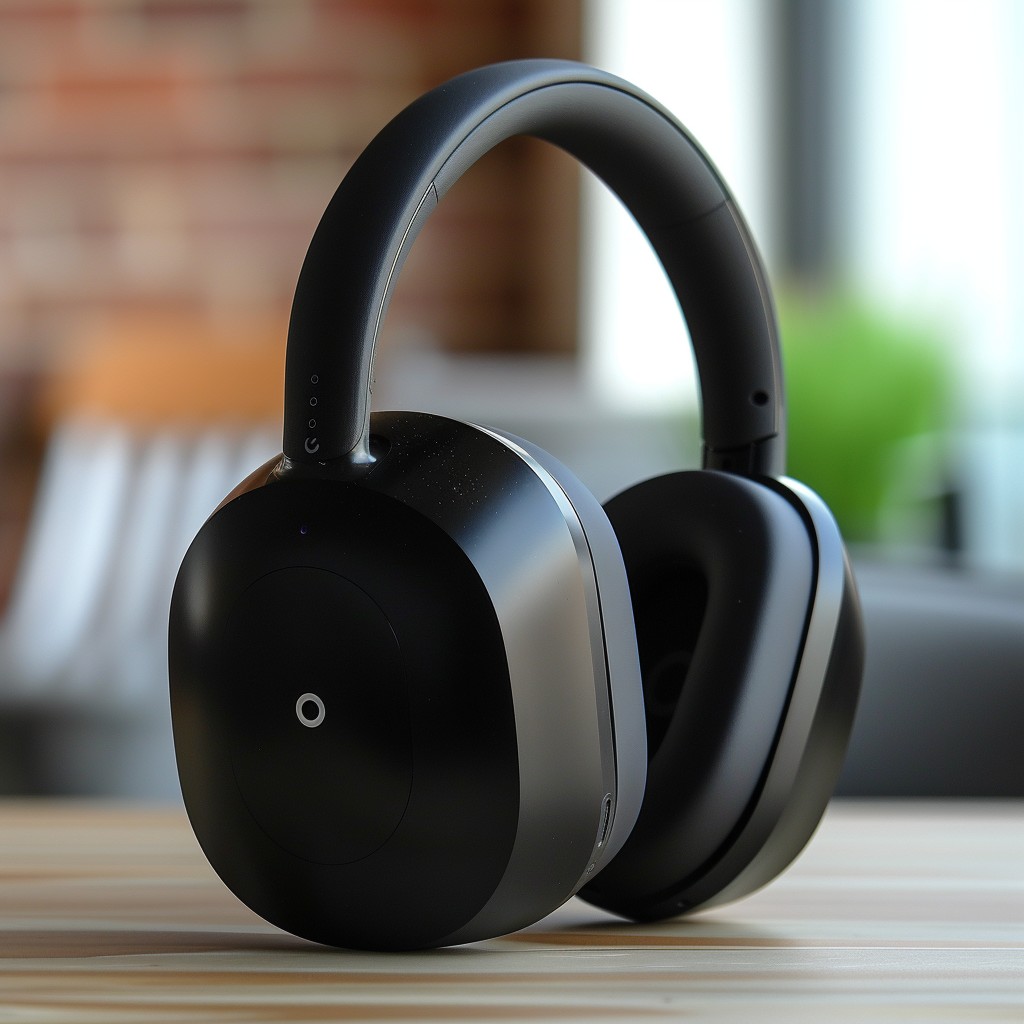Last week saw the much-anticipated arrival of the Google Gemini mobile app in the United States, marking a significant step forward in Google’s venture into conversational AI technology. The chatbot/experimental assistant, named Gemini, made its debut in the US market, with a gradual rollout planned for other regions across the globe.
Recent developments suggest that Google is setting its sights on integrating Gemini with headphones, expanding its reach beyond smartphones. Evidence uncovered within the latest beta version of the Google app (v15.6) hints at the imminent arrival of Gemini support for headphones. This move aligns with Google’s strategy to extend the capabilities of its AI assistant to various devices, making interactions more seamless for users.
Addressing potential challenges
While the prospect of Gemini on headphones presents exciting possibilities, it also poses certain challenges. Transitioning to an audio-only format may introduce complexities, particularly when delivering lengthy responses to user queries. However, leveraging the paired smartphone as a backup option could mitigate some of these challenges, ensuring a smooth user experience.
Google’s commitment to refining Gemini is evident from its swift response to user feedback. Despite the recent launch, Google is already implementing changes and promising further improvements to the AI chatbot. By addressing user concerns and fine-tuning the technology, Google aims to enhance the functionality and reliability of Gemini, cementing its position as a valuable virtual assistant.
Google Gemini expansion beyond mobile devices
Beyond smartphones and headphones, Google envisions Gemini powering a range of non-mobile devices, including Smart Displays, the Pixel Tablet, speakers, and smartwatches. The expansion to headphones underscores Google’s ambition to integrate conversational AI seamlessly into users’ daily lives, regardless of the device they use.
As Gemini gains traction, Google is preparing for potential surges in demand and ensuring the scalability of its infrastructure. Recent discoveries of new error messages within the Gemini support page suggest proactive measures to manage increased traffic and maintain service reliability. These error messages signal Google’s readiness to address technical challenges and uphold the quality of user experience.
Room for improvement
Despite the promising debut of Gemini, certain limitations persist, with the AI chatbot still lacking some features in Google Assistant. Users accustomed to utilizing Assistant for tasks such as setting reminders or playing podcasts may find Gemini’s current capabilities insufficient. However, Google remains committed to refining Gemini and bridging the gap between user expectations and reality.
As Gemini continues to evolve, Google remains focused on its long-term vision of delivering a comprehensive conversational AI experience. With ongoing refinements and strategic integrations with diverse devices, Google aims to position Gemini as a versatile virtual assistant capable of addressing many user needs.
The introduction of Gemini represents a significant milestone in Google’s quest to redefine the virtual assistant landscape. With its expansion to headphones and other non-mobile devices on the horizon, Gemini holds the potential to revolutionize how users interact with AI technology. As Google continues to iterate and improve Gemini based on user feedback, the future looks promising for this innovative AI chatbot.
By embracing new possibilities and addressing emerging challenges, Google remains at the forefront of AI innovation, ushering in a new era of conversational assistance powered by Gemini.
A Step-By-Step System To Launching Your Web3 Career and Landing High-Paying Crypto Jobs in 90 Days.
